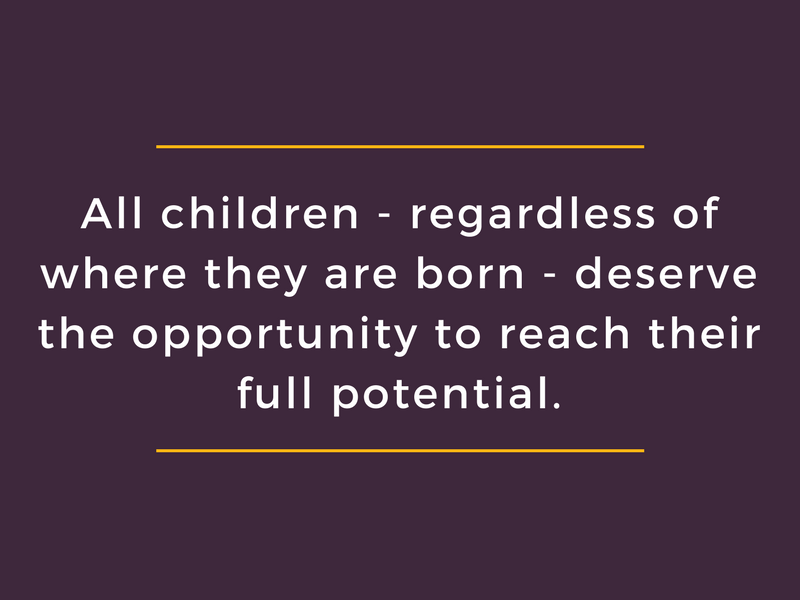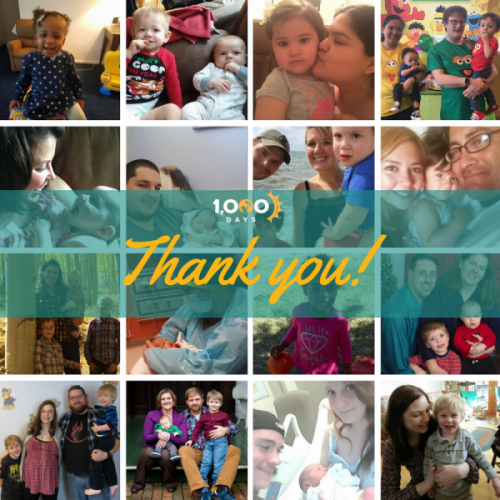Why new dads should take parental leave – lessons from my father
In the early 1990’s, my dad joined the first cohort of men to take part in Canada’s newly minted paternity leave program, a step so novel that it inspired a full-page newspaper spread and the now cringe-inducing moniker, “Mr. Mom.” Mr. Mom, aka Gordon Kent, took 6 months off work to stay home with me, while my mom returned to work. Now, 3 decades later, I’m fighting to grant the same opportunity to dads across the United States.
Despite strong bipartisan support for parental leave, the United States remains the only high-income country that doesn’t mandate any paid parental leave. The Bureau of Labor Statistics shows that only about a quarter of employees in the private sector workforce have access to paid family leave and 1 in 4 women return to work within 2 weeks of giving birth. For fathers, the numbers are even bleaker: fewer than 5 percent of American fathers take 2 or more weeks of leave.
Programs and policies that allow men to spend more time caring for their young children have numerous benefits for nutrition, child development, and women’s empowerment. After taking parental leave, men tend to share more equally in household labor even after they return to work. The skills men gain during their time at home have important impacts on both their children and their partners. Paternity leave is correlated with improved breastfeeding rates, better psychological health for children, reductions to the “motherhood penalty”, and new mothers who are significantly less likely to face physical and mental health complications. At a societal level, the knock-on effects of paternity leave can facilitate economic growth, shift gender norms, and help level the playing field for working mothers.
When I asked my dad why he chose to take paternity leave, he said that not staying home with his first child (and a second daughter when she came along) never entered his mind. As he put it, “how could I miss such an opportunity when I was so lucky to have it offered?” My father recalls our time together being “exhilarating, exhausting, and sublime.” While holding his baby, he says the last thing on his mind was whether he was falling behind at work.
For individual dads, the experience can be life changing. Research has shown that spending time looking after a baby rewires fathers’ brains to make them better caregivers. The more time they spend, the more their brain adapts. Paternity leave is key to giving dads the time to bond more deeply with their children in ways that will impact their relationship both immediately and in the years to come.
Equally important are the ways in which men’s involvement in childcare and other household tasks can alleviate the care burden that is often placed disproportionally on women. As my dad wrote at the time, “even though I’m on parental leave, it should really be classified as educational leave. I’m seeing first-hand a world traditionally dominated by women.” For him, the experience gave him both an appreciation for the challenges of caring for a family and the skills he needed to contribute more to household work.
When my dad wrote about his time staying home with me, he closed his article by noting that “Emma probably won’t remember our time together, but it’s something I’ll cherish forever.” In that he’s partially right – I don’t remember our time together per se. But I believe it laid the foundation for a life-long closeness between us and that it created the bond with my dad that I value so deeply today.










